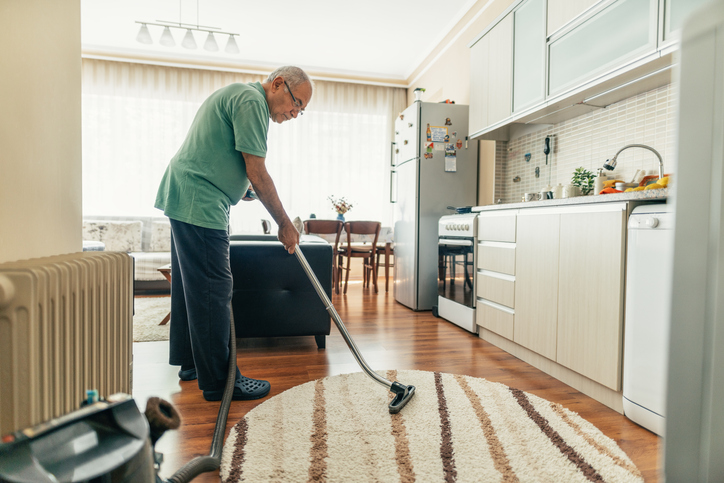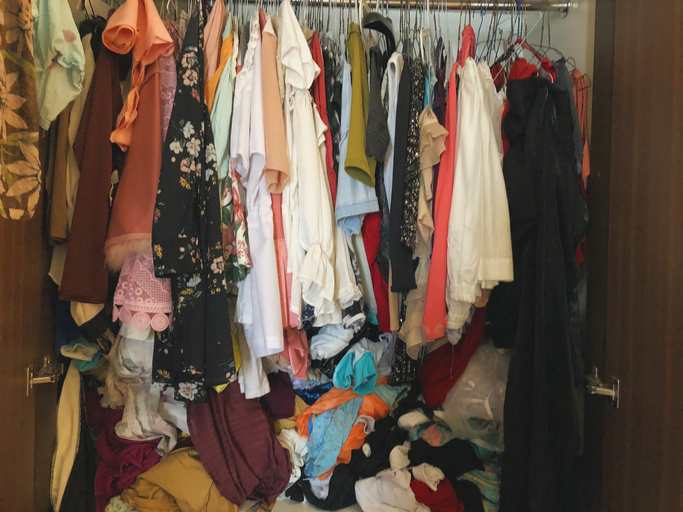Over the last few years, we’ve all had to adjust at work – one of the biggest being office meetings. We’ve all become Zoom experts, you’ve got to have the right camera so people can see you, and when someone goes dark on Zoom but still is part of the meeting, you might think they’re just rude.
But they might be on to something.
Researchers investigated Zoom fatigue – being burned out on Zoom meeting after Zoom meeting. Turning your camera off might help avoid it. They looked at stress levels after Zoom meetings, and those who had their camera totally turned off experienced it far less than those who had it on the entire time.
Just knowing that you’re constantly on camera is what makes Zoom calls exhausting.
The findings showed that women and new hires experience fatigue the most, and they found that bosses shouldn’t force cameras to stay on the entire time – let employees have an option for their own benefits.
Image Credit: fizkes / iStock / Getty Images Plus









